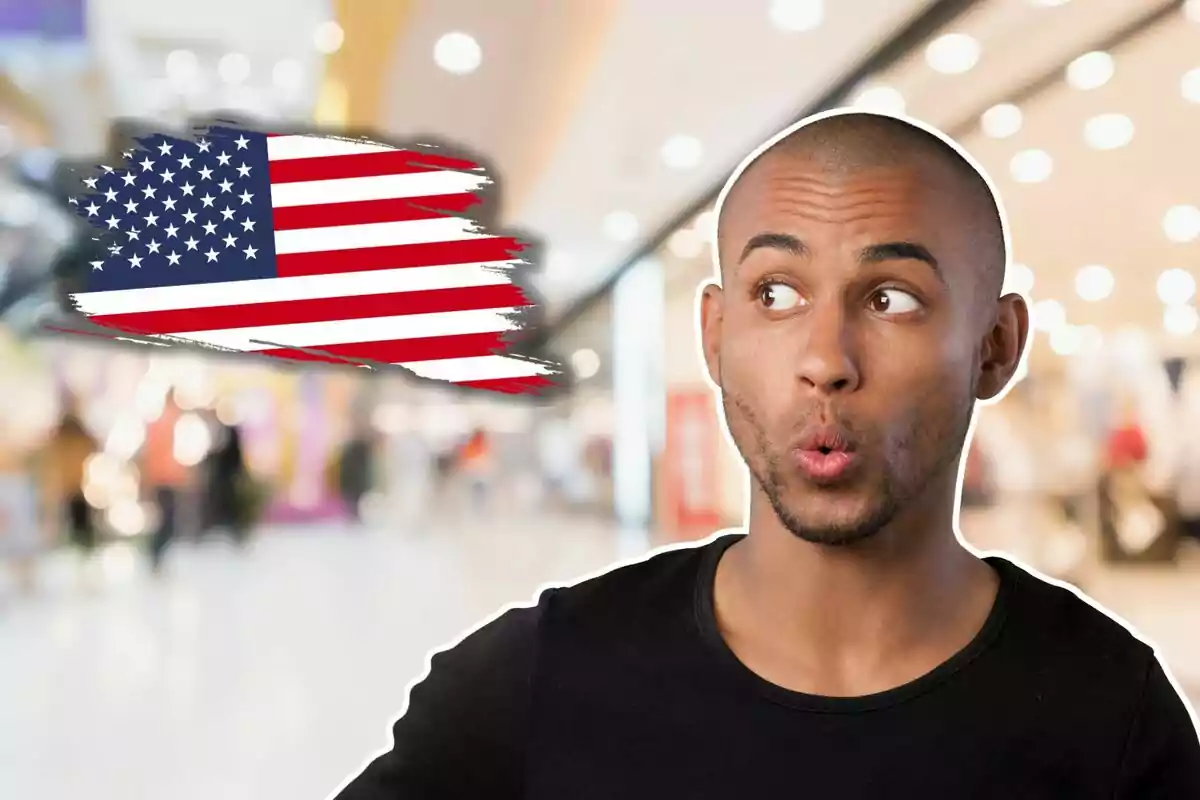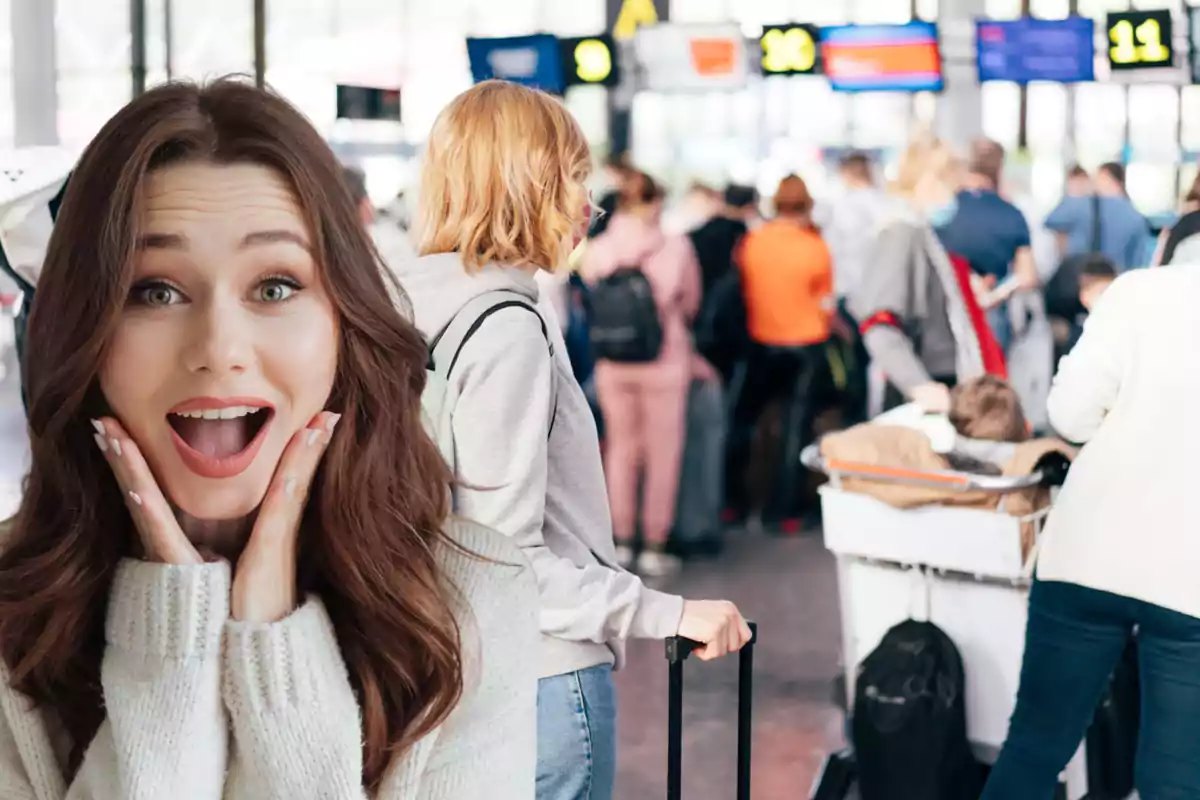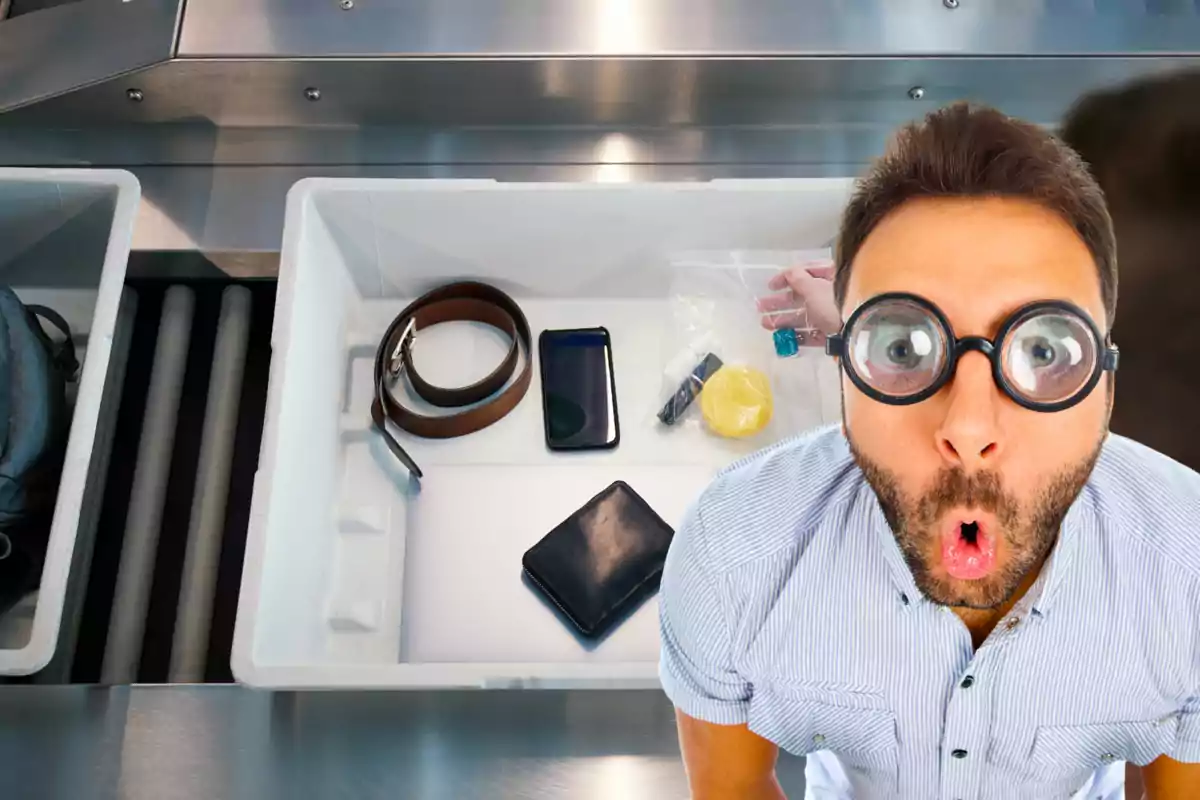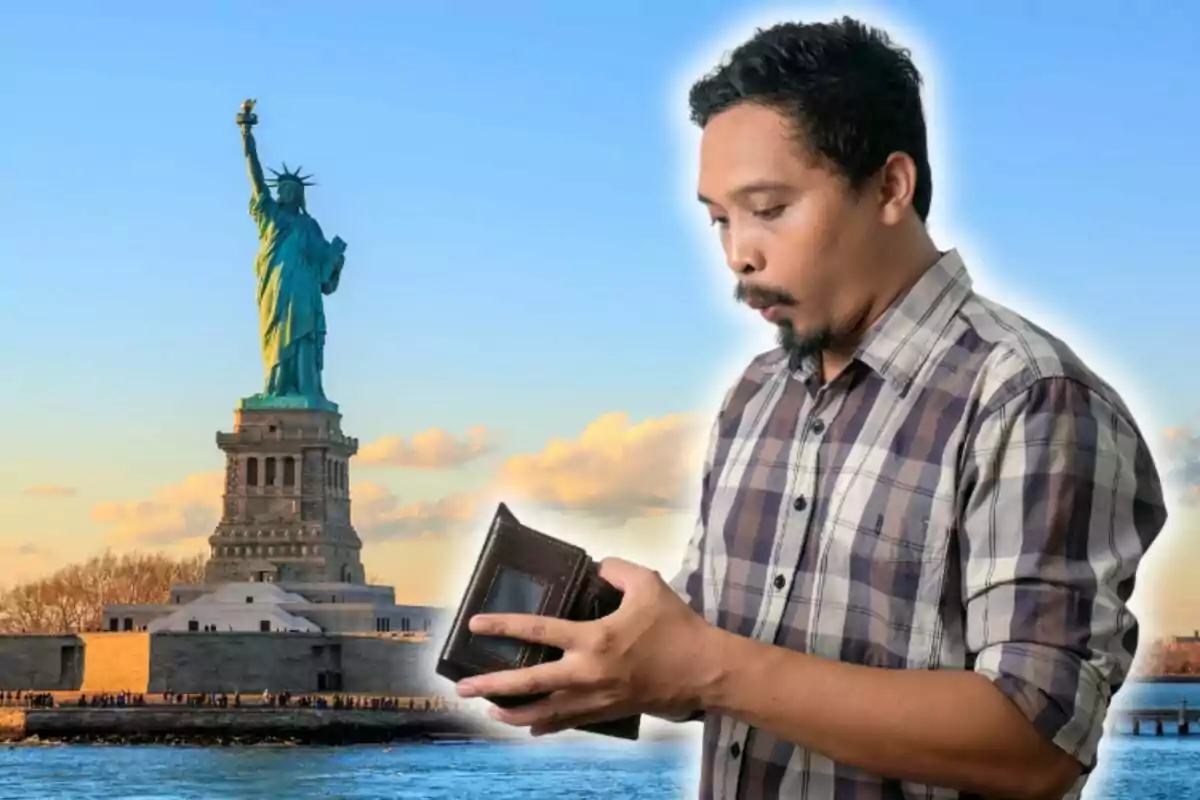
Official: shopping at these stores could get you in trouble with US police
What you should keep in mind when shopping at duty-free stores if you are traveling to the US soon
When traveling through international airports, many people make an almost automatic stop: duty-free shops. In these stores, it's common to see tourists carrying perfumes, bottles of liquor, or electronic devices. The "duty free" sign entices with its promise of lower, tax-free prices.
But in the US, this practice can turn into a real headache. If travelers don't respect the allowances or don't properly declare their purchases, they can face penalties. In some cases, border police have held items, imposed fines, and even left warnings on the traveler's record.

The fine print of "duty free"
Even though they're called "tax free," these stores only remove local taxes from the country of origin, El Cronista reveals. That doesn't mean the merchandise is exempt from controls upon arrival in the destination country. In the US, exceeding the allowed limits can have serious consequences.
According to Customs and Border Protection (CBP), each person can bring in up to $800 in products without paying duties. In addition, only one quart (1 liter) of alcohol per adult and up to 200 cigarettes or 100 cigars are allowed. Exceeding these amounts requires declaration and payment of additional fees.
The problem arises when the traveler doesn't voluntarily report their purchase. In that case, it's considered a violation and triggers a more thorough inspection. In airports with heavy international traffic, such as those in Miami or New York, this can cause travelers to miss connections or hotel reservations.

The most inspected products
Not all items attract the same attention at customs. Some products are watched especially closely because of their value, their frequent use in resale, or their common presence in fraud. Among the most controlled are electronics, perfumes, and luxury items.
If you carry several new cell phones, smartwatches, or tablets, the agent may suspect they're not for personal use. The same goes for cosmetics or creams in quantities larger than usual. Designer handbags, jewelry, or branded sunglasses are also monitored very closely.

Transporting products on behalf of others or repeating items can trigger alarms. Authorities interpret this as an attempt at undeclared commerce, which leads to harsher penalties. Declaring anything that raises doubts is always the safest option.
The official recommendation is clear: get informed before traveling, keep all receipts, and declare any questionable purchase. Although it may seem cumbersome, doing so can save you hours of waiting, financial penalties, and future immigration problems. Buying without declaring is never free.
More posts: